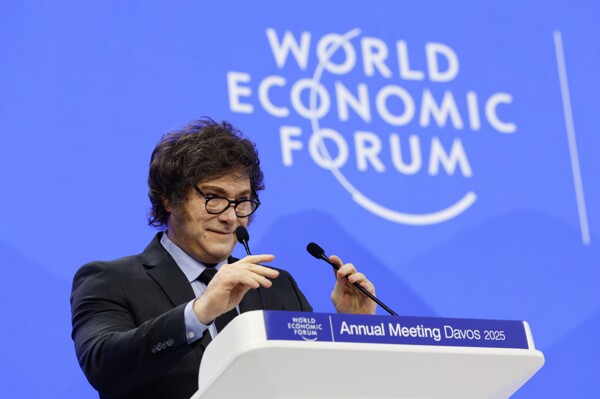
The governor of the province of Buenos Aires, Axel Kicillof, faces criticism from the opposition due to the approval of a Treasury Letter Issuance Program for the 2025 Fiscal Year. This measure was taken due to the inability to issue new debt, resulting from the failure in political negotiations in the Legislature at the end of last year.
The president of the UCR-Cambio Federal bloc, Diego Garciarena, harshly questioned this decision, labeling it as authoritarian and warning of debt without legal backing. Garciarena argued that even if the authorization were included in the Budget Law, the debts could not be extended. Additionally, he pointed out that the Treasury Letter Issuance Program 2025 is illegal, as it includes an authorization for debt in the year 2024 that cannot be extended.
The legislator based his criticisms on Article 194 of the Provincial Constitution, which establishes the need for a two-thirds vote of the present members of each Chamber to approve special laws authorizing expenditures. Garciarena highlighted the seriousness of approving "debt without legal backing" and emphasized the importance of respecting democratic procedures.
In response to the criticisms, the Minister of Government, Carlos Bianco, attempted to justify the measure by arguing that the issuance of Treasury Letters is based on the Permanent Complementary Budget Law. However, the exchange of statements between the government and the opposition continued, revealing the differences in the interpretation of legislative powers and the legality of the decisions made.
Amid these controversies, Kicillof's government proceeded with the approval of the Treasury Letter Issuance Program for the 2025 Fiscal Year, seeking to cover part of the cash deficit and ensure compliance with the financial commitments of the year. Despite the criticisms and warnings about the consequences of indebting the province without legal backing, the measure was formalized and is expected to have a significant impact on the financial situation of the province of Buenos Aires.














